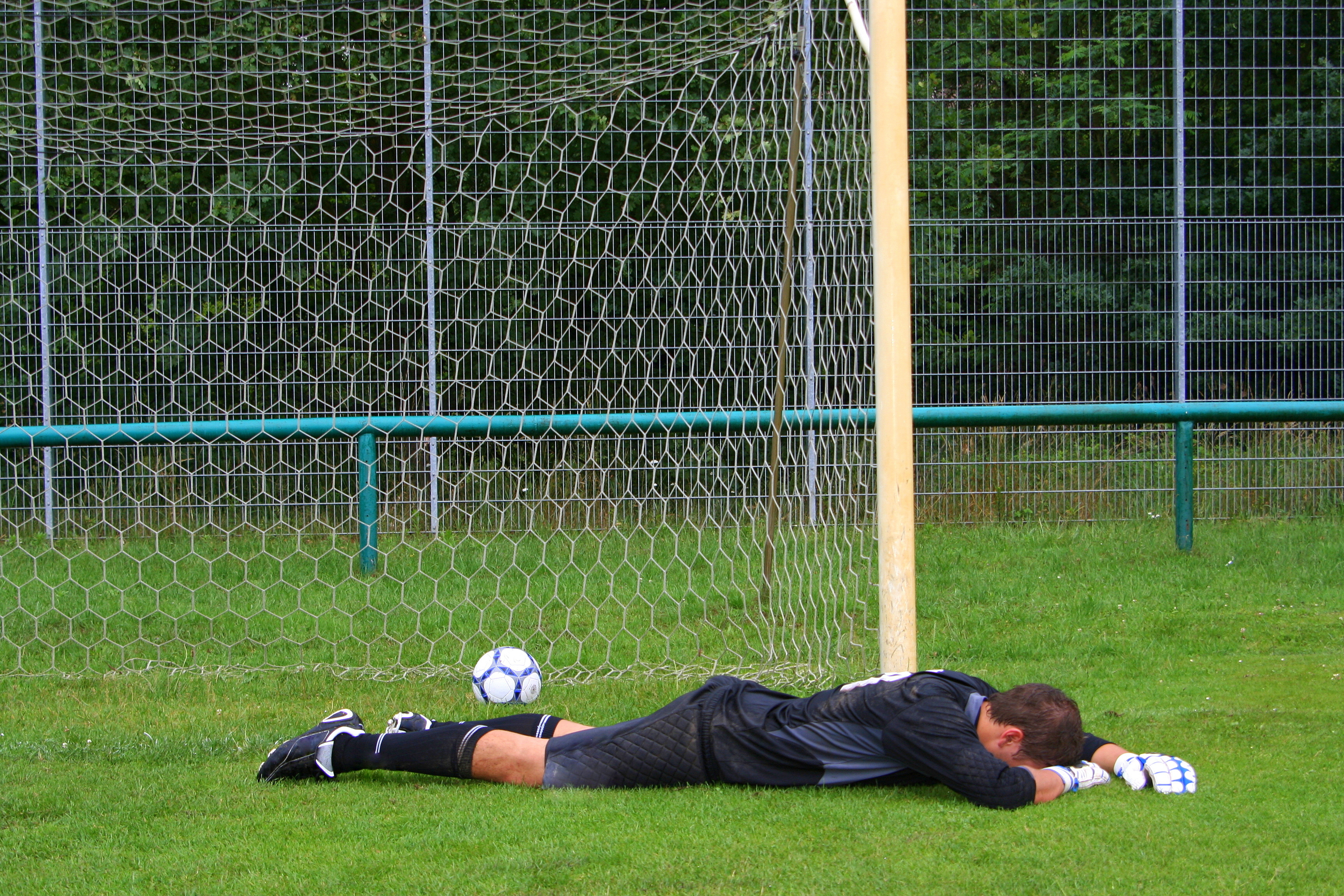“Live for a century – learn for a century”. This is my favorite proverb. I like it because it reminds me that no matter how experienced you are, there is always something to learn.
I love to learn – if I am passionate about a subject I will make sure to read as much as I can and seek out experts – I soak in the information, tips and lessons. But when it gets to real action, my best teacher is my own experience and, most importantly, my failures.
Can you recall how it feels to try something and fail? You start excited to face a challenging task. You plan and prepare, you go all in, expend the last drop of your energy, fail, almost recover and – miss it…
Then the dust settles. Enter, Shame, Pain and Exhaustion.
I am convinced that learning from mistakes is the best learning. Direct experience makes a powerful impact. Strong emotions make it memorable. Pain helps to remember not to repeat the same mistake. And when I find strength to get over my emotions and to think rationally about what happened – I get to see the failure as just another experience, a part of my story, but not as a part of me.
When I can say ‘I have failed’ without thinking ‘I am a failure’, I get the score right – it is in my favor, as I have just made a victory out of my failure. It is a powerful, confident and optimistic place to be.
As I continue mastering the skill of learning from my mistakes, I often wonder what would happen at our workplace if leaders start to accept failure and learn from it? What would be the impact of such an approach to learning? Encouraged by my own experience I see an inspiring picture:
Increased innovation. When leaders accept failure as an integral part of a creative process, as a useful input into the process of innovation and not the reason to stop it, employees feel more comfortable to come up with new ideas and to volunteer for new projects. When organizations get into the mood of creative experimentation, when leaders acknowledge people who fail at daring experiments; when these people are brought to the spotlight to share what they have learned – this encourages initiative and innovation, reduces waste and helps to create the culture of learning.
Improved Knowledge. When organizations break the vow of silence around failure and people are not labeled as a ‘failure’, but are invited to unpack their experience for the sake of the team’s learning, it works as a magic multiplier for the experience of everyone on the team. It works as if this organization has just added decades of experimentation to its collective bank of Implicit Knowledge, critical for competitiveness in a modern economy.
Stronger Competitiveness. When the learning is shared and people are not ‘shipped out’ post failure, the added benefit is a stronger organizational competence. Employees who went both through direct experience of failure, and also through the process of ‘unpacking’ their learning from it, build better skills and higher confidence. Similarly to the sports game when an experienced team faces an upcoming contender, the competitive game will start with a huge advantage in favor of the learning organization.
Winning Spirit. Personal experience of surviving failure makes people feel stronger and wiser. In a similar way the organizational experience of experimenting and learning from mistakes inspires teams to dream big and act boldly. This inspiration feeds winning spirit in everyone in organization. Those of you who were on winning teams or worked on successful projects know this feeling. It creates a powerful magnet to attract the best talent. It fuels the organization’s progress. And it feeds the virtuous circle of creativity, learning and progress.
As you can see I am very passionate about learning from failure! In fact, together with my partner from the CTI Leadership Course we just launched an interactive workshop to bring this side of learning to more organizations.
We would love to know how you learn from failure and what you think could help leaders to get better at it. Please leave your comment below or drop me an e-mail to elena@leadwithwholeheart.com



